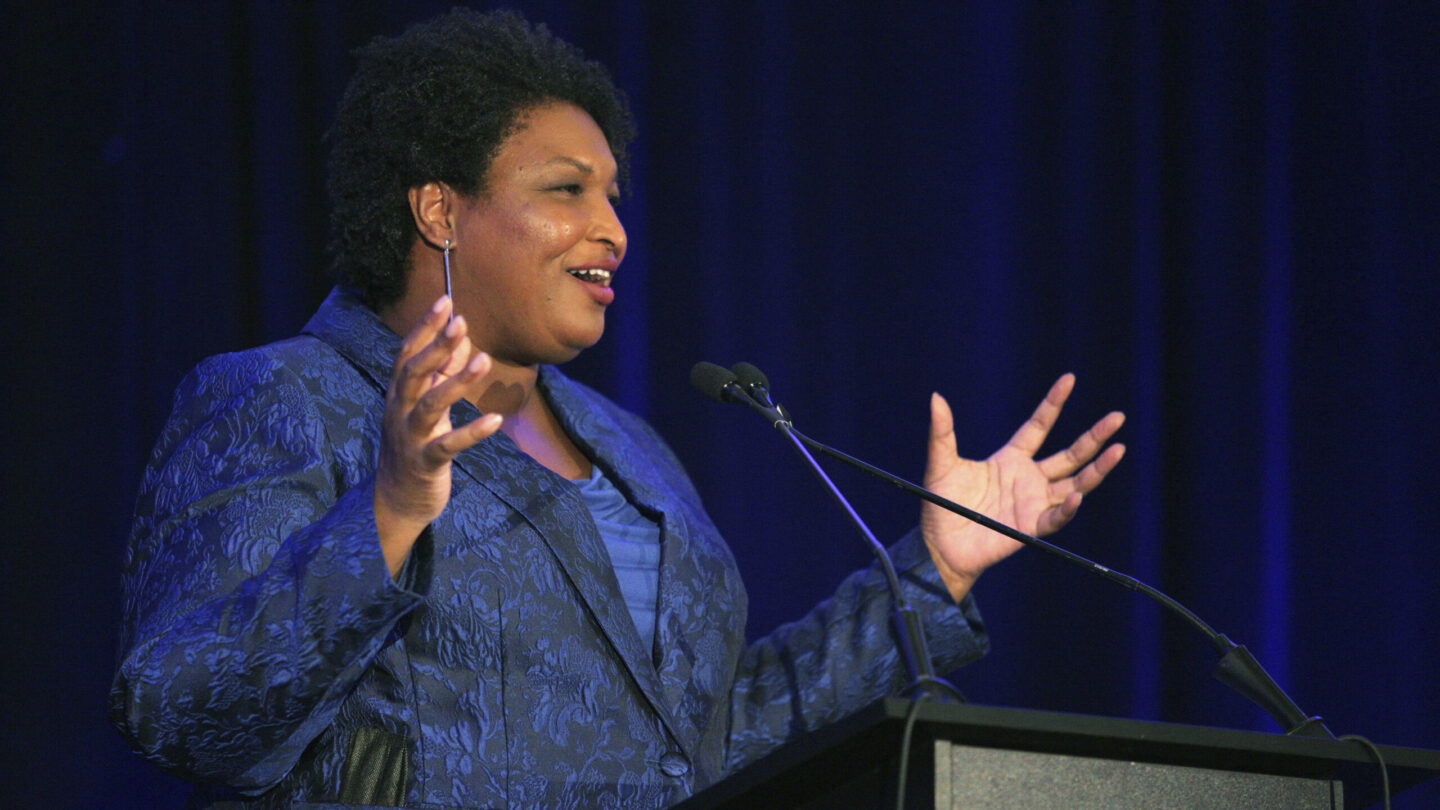Is Georgia really the number one state for business or the worst state to live?
These two characterizations of the state have been battled over between Republicans and Democratic gubernatorial candidate Stacey Abrams in recent days, and the answer depends on the metrics pulled for each argument.
When Governor Brian Kemp says Georgia is the number one state to do business, he could add “according to Area Development Magazine.” The trade publication caters to commercial real estate and is the only one putting Georgia on top.
Georgia has previously scored high with another trade publication called Site Selection Magazine, but last year the magazine named North Carolina the state with the best business climate.
Then there are more established rankings, such as those from CNBC. The financial news network ranked Georgia sixth in the nation for business last year — not a bad ranking, but not number one either.
Stacey Abrams made news at a Democratic fundraiser last weekend when she made the statement that she’s “tired of hearing that we’re the best state in the country to do business when we’re the worst state in the country to live.”
She says she meant to show that Georgia ranks at the bottom nationally when it comes to many social welfare indicators, falling in the lower third for many of them.
For example, Georgia has the third-highest rate of uninsured residents.
It’s currently ranked second-worst for maternal mortality, after being the worst last year, and has one of the highest numbers of new HIV infections among states.
Georgia also ranks worst in access to mental health services, which is one reason the state legislature passed bipartisan legislation this year meant to improve and reform Georgia’s mental health system.
Perhaps Georgia is not the best place for business, nor the worst one to live in, but it certainly contains both extremes: it’s a state with a pro-business attitude that often attracts companies, but also one where the daily lives of many residents could be much better.









